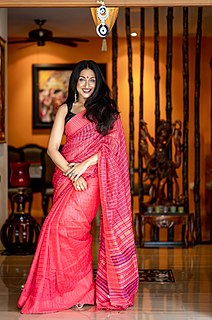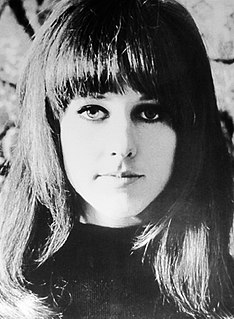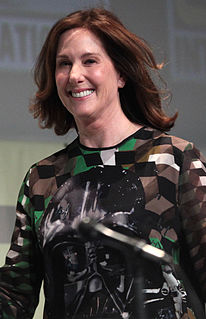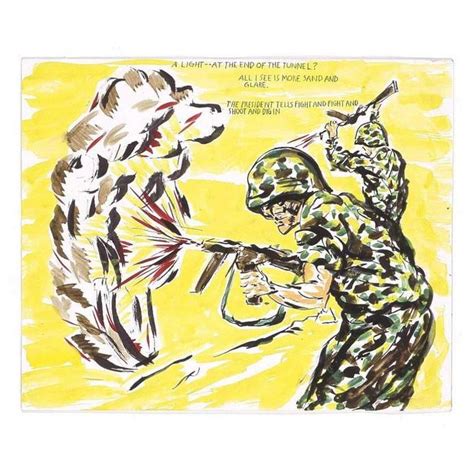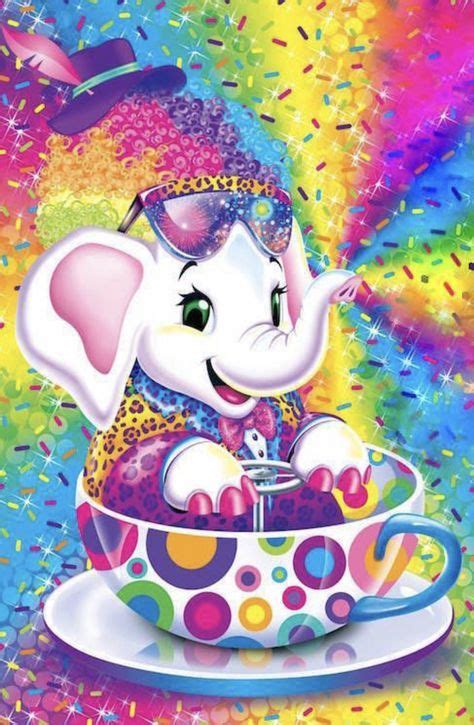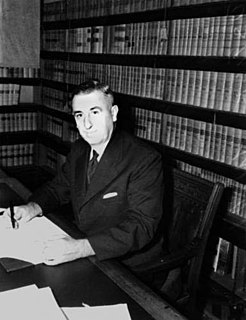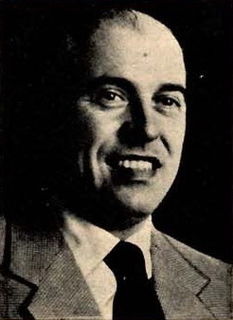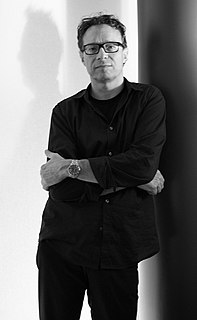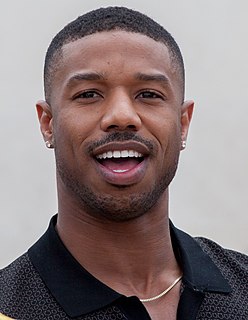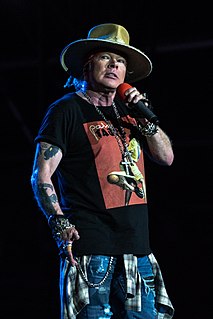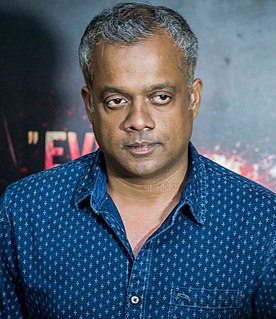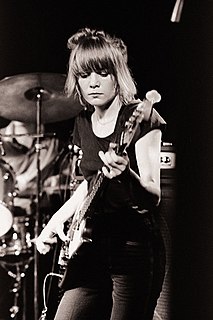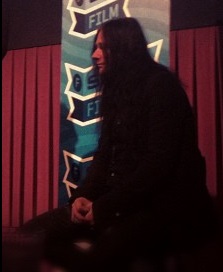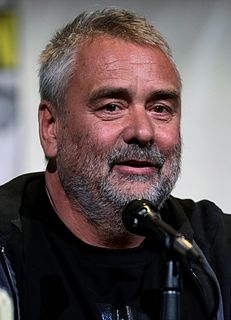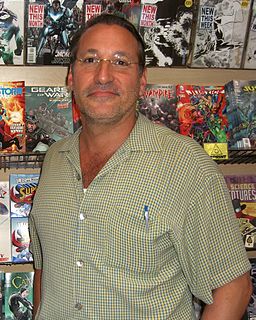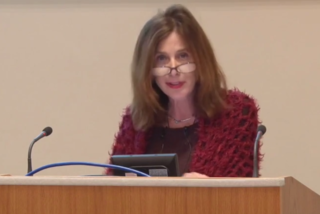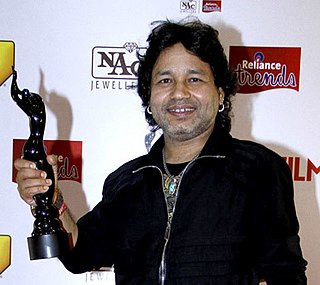Top 1200 Commercial Art Quotes & Sayings
Explore popular Commercial Art quotes.
Last updated on December 25, 2024.
The novel may be dead as a commercial form. When art forms things die as commercial forms, something happens to the practice of those arts that isn't very pleasant. It used to be that a poet like Tennyson could keep his house and his coach-and-four and his staff of six servants on the income from poetry. That doesn't happen anymore.
We both [with Jo Andres] think that it is really important to our culture that we support all kinds of music, all kinds of theatre and all kinds of art because you never know what moves people. We've always believed that there should be a strong voice outside the commercial world. Certainly, the commercial world has a huge place in our culture and we also support that - but, we also want to support the stuff that lives outside of that.
It is said that anyone who does commercial cinema is not acting, and anyone who does an art film is acting. I don't believe it. I feel whenever you are doing a film, you are acting. So you need to be applauded for that. I won't do art house cinemas. I want to make commercial films. I want my films to make money.
My first professional audition - god, I've never told anybody about this - was for a test commercial, I think it was for Xbox. It involved me getting kidnapped by a granny who wanted to play the Xbox. It was very weird and I definitely had no idea what I was doing. I actually got the gig. It wasn't a commercial; it was what directors did when they wanted to show the company what they would do with a commercial.
My work sanitizes it (emotion) but it is also symbolic of commercial art sanitizing human feelings. I think it can be read that way.... People mistake the character of line for the character of art. But it's really the position of line that's important, or the position of anything, any contrast, not the character of it.
I really love sharing with young Canadians the changes we're seeing in the space program right now with what we call "commercial space." We have commercial cargo delivery to the space station, and now we have what we call "commercial crew," where we're going to be delivering people to low orbit on new vehicles that are being designed by Boeing and SpaceX.
I never expected to sell my art. It wasn't like today where you come out of art school and they promise you a future. Now it's almost regulated in a way. When we came out of school, we just wanted to make art that'd blow your hair back and do it for sport. There was no commercial possibility that we saw.
By some curious mischance, a couple of my plays managed to hit an area where commercial success was feasible. But it's wrong to think I'm a commercial playwright who has somehow ceased his proper function. I have always been the same thing - which is not a commercial playwright. I'm not after the brass ring.
When we even use the term 'specialized world,' we already have a problem! We're making art; they are making art... these worlds are not far apart from each other. For instance, pieces of art that hang on a wall can be seen in museums or can be used in a variety of commercial ways. That art is everywhere, so the message is that it's a part of everyday life.
I got hit up for a tampon commercial and so I asked [JD and Jo] if they had anything. Jo sent that over and I was like, "I love this track. Oh my god. It's so upbeat. It's so positive. It would be so great for a tampon commercial." That commercial never came through, so then I just had it. I was like, "That would be great for a Hillary [Clinton] song." I think it's so funny that it could be a tampon commercial.
In Mexico, muralism is an important part of the artistic vocabulary, and it has a very different place than it does in the US. Here, you see mainly commercial signage and dead slick graphic works, or murals that are incredibly narrative and littered with too much content - bad political art. But in Mexicali, all kinds of artists work with mural art. In Mexicali, the social practice of art existed in a completely authentic and unselfconscious way.
